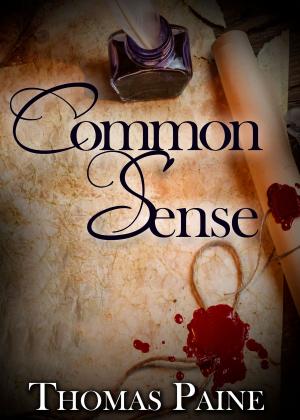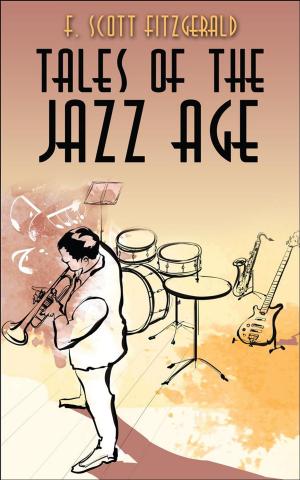The Eternal Husband
(or, The Permanent Husband)
Fiction & Literature, Literary Theory & Criticism, European, Russian, Classics, Literary| Author: | Fyodor Dostoevsky | ISBN: | 1230000202229 |
| Publisher: | Starbooks Classics Publishing | Publication: | December 13, 2013 |
| Imprint: | Language: | English |
| Author: | Fyodor Dostoevsky |
| ISBN: | 1230000202229 |
| Publisher: | Starbooks Classics Publishing |
| Publication: | December 13, 2013 |
| Imprint: | |
| Language: | English |
The Eternal Husband (The Permanent Husband) is a novel by Russian author Fyodor Dostoyevsky that was first published in 1870 in Zarya magazine. The novella's plot revolves around the complicated relationship between Velchaninov and Trusotsky, the husband of his deceased former lover.
[Analysis]
The story starts in medias res. Details about Velchaninov's adulterous past are revealed gradually.
The novel is comparable to a tragicomedy. The main tragic event is Liza's death. The comical element is the character of Trusotsky, who seems to be predestined to be the cuckold every time again.
[Critical reception]
The Eternal Husband is one of Dostoyevsky lesser known novels. The subject of a deceived husband is lighter than in his other novels, but some critics say this novel ranks among his best works because of its style and structure. Alfred Bem calls it "one of the most complete works by Dostoyevsky in regards to its composition and development."
The Eternal Husband (The Permanent Husband) is a novel by Russian author Fyodor Dostoyevsky that was first published in 1870 in Zarya magazine. The novella's plot revolves around the complicated relationship between Velchaninov and Trusotsky, the husband of his deceased former lover.
[Analysis]
The story starts in medias res. Details about Velchaninov's adulterous past are revealed gradually.
The novel is comparable to a tragicomedy. The main tragic event is Liza's death. The comical element is the character of Trusotsky, who seems to be predestined to be the cuckold every time again.
[Critical reception]
The Eternal Husband is one of Dostoyevsky lesser known novels. The subject of a deceived husband is lighter than in his other novels, but some critics say this novel ranks among his best works because of its style and structure. Alfred Bem calls it "one of the most complete works by Dostoyevsky in regards to its composition and development."















